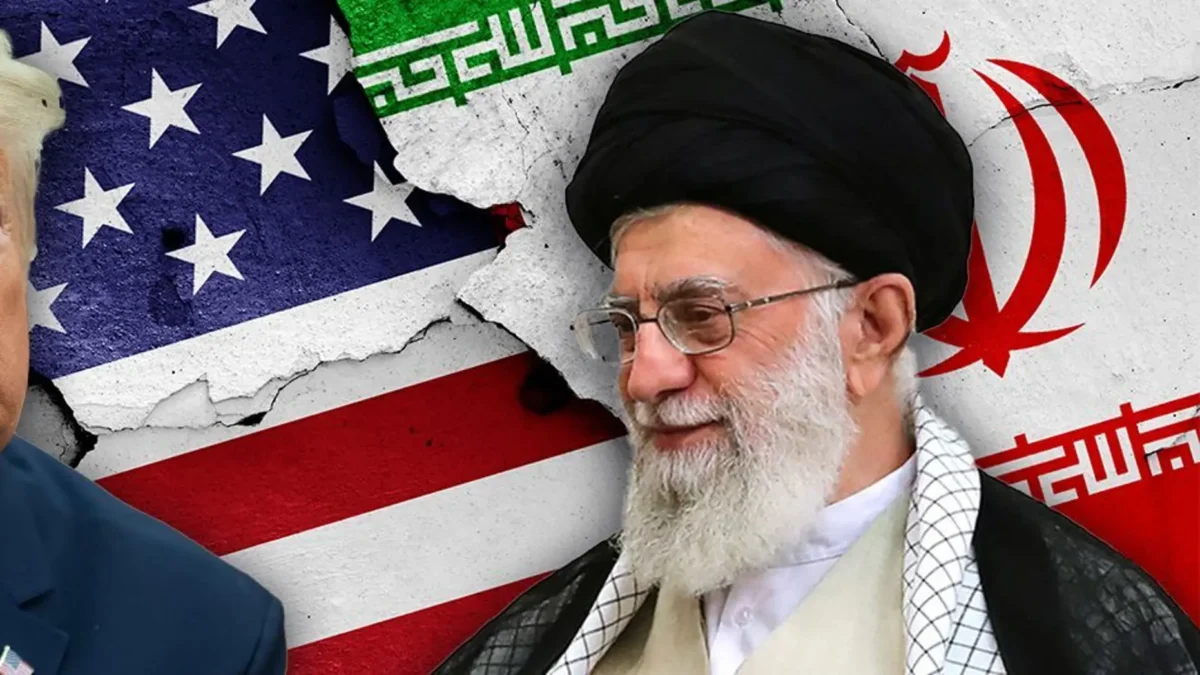The specter of conflict once again hangs heavy over the Middle East as tensions between the United States and Iran reach a boiling point. Recent events, like the targeted killing of Iranian General Qasem Soleimani and retaliatory missile attacks, serve as stark reminders of the deep-seated animosity and the potential for a devastating escalation. Understanding the current situation necessitates delving into the historical context. The 1953 CIA-backed coup that toppled Iran’s democratically elected Prime Minister, Mohammad Mossadegh, marked a turning point, fostering lasting anti-American sentiment in Iran. The subsequent US support for the Shah further strained relations, culminating in the 1979 Islamic Revolution and the establishment of an anti-Western government. This historical baggage continues to color perceptions and complicate efforts towards reconciliation.

Several key issues continue to act as flashpoints. The Iranian nuclear program remains a major point of contention. The US views it with suspicion, fearing it could be a pathway to developing nuclear weapons. Iran, however, maintains its right to peaceful nuclear energy under the Non-Proliferation Treaty. The 2015 nuclear deal, which aimed to curb Iran’s nuclear ambitions in exchange for sanctions relief, collapsed in 2018 after the US withdrawal under President Trump. The future of the program and its implications for regional security remain uncertain. Iran’s support for regional proxy militias, particularly in Syria and Yemen, is viewed by the US as a threat to regional stability and a challenge to its own interests. This involvement has further complicated the already volatile geopolitical landscape in the Middle East, fueling sectarian tensions and contributing to ongoing conflicts. The US has imposed crippling economic sanctions on Iran, targeting its financial sector, oil exports, and other key industries. These sanctions have had a devastating impact on the Iranian economy, contributing to skyrocketing inflation, unemployment, and widespread hardship. The effectiveness of these sanctions in achieving desired outcomes, however, remains debatable, with some arguing they have strengthened the regime’s grip on power and exacerbated anti-American sentiment. Recent events like the US drone strike that killed General Soleimani and Iran’s retaliatory missile attacks have further escalated tensions and raised concerns about the potential for a wider military conflict. These actions highlight the precariousness of the situation and the ease with which miscalculations or unintended consequences could spiral into a full-blown war.
Navigating out of this complex situation requires a multi-pronged approach that prioritizes diplomacy, acknowledges historical grievances, explores alternative approaches beyond sanctions, and leverages the international community’s constructive role. Open communication channels and genuine diplomatic efforts are crucial to de-escalate tensions and prevent further conflict. Engaging in meaningful dialogue, fostering trust-building measures, and addressing underlying concerns through peaceful negotiations are essential steps. Direct communication, facilitated by neutral actors, can help bridge the gap in understanding and prevent miscalculations. The international community, including key stakeholders like the European Union, Russia, and China, can play a constructive role in facilitating dialogue and mediating between the US and Iran. The potential disruption of oil supplies from the Middle East poses a significant threat to global economic stability. Collaborative efforts are needed to ensure the uninterrupted flow of oil through critical chokepoints, while simultaneously exploring alternative energy sources to reduce reliance on volatile regions. A nuanced understanding of the complex dynamics at play is crucial. Recognizing the historical context, acknowledging the limitations of past approaches, and prioritizing diplomacy are essential steps towards de-escalating tensions and paving the way for a more peaceful future in the Middle East. The consequences of inaction are simply too high to ignore. Both the US and Iran must exercise restraint, demonstrate a genuine commitment to diplomacy, and prioritize dialogue over confrontation to avoid a catastrophic conflict with devastating consequences for all parties involved.